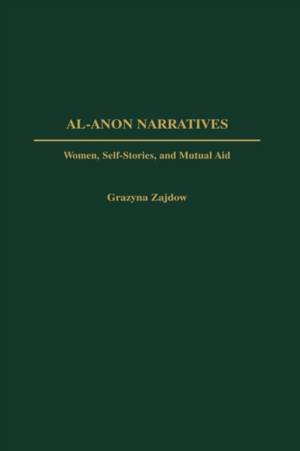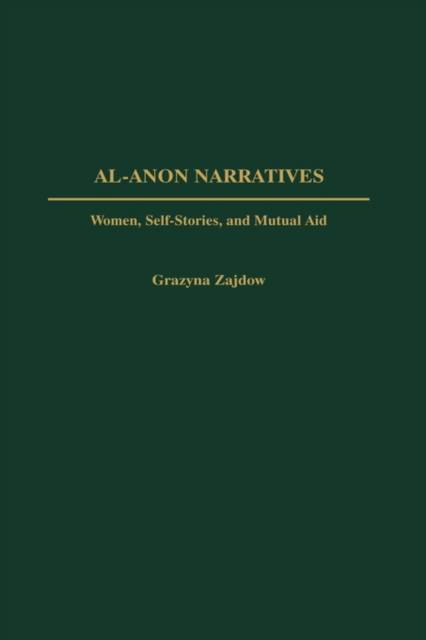
- Retrait gratuit dans votre magasin Club
- 7.000.000 titres dans notre catalogue
- Payer en toute sécurité
- Toujours un magasin près de chez vous
- Retrait gratuit dans votre magasin Club
- 7.000.0000 titres dans notre catalogue
- Payer en toute sécurité
- Toujours un magasin près de chez vous
Description
According to the author, in Australia, men drink alcohol as a mark of masculinity, and women take care of drinking men as a part of normative femininity. And while research on alcoholics and alcoholism is common, very few studies consider the lives of the women who are married to alcoholics. Here, Zajdow details and explores the lives of such women who belong to Al-Anon, where they may share their experiences and offer their stories in a nonthreatening and supportive environment. The author presents the narratives of these women in the context of her analysis of the self-help group to demonstrate how people construct and reconstruct their lives as coherent stories about themselves, and to show how these self-stories can be changed and reconceptualized within the context of the group. Unique in its examination of self-stories offered within a self-help group, this book challenges sociological knowledge about the way these mutual-aid groups operate as communities of interest and help.
Zajdow begins by laying the groundwork through a discussion of the professional and lay discourses on women's relationships to alcoholic men. She then provides the basis for using self-stories to examine a group of people, the individuals in the group, and the behavior of the group in general. A history of Al-Anon as a self-help group is also detailed, and the author compares the Australian meetings to meetings in other parts of the world. The stories themselves are then examined and discussed in terms of how they relate to group processes and individual change through Al-Anon. Tracing the way that these women move from a place of despair to one of hope and meaningful change, this also represents a sociological exploration of gender, families, and communities.Spécifications
Parties prenantes
- Auteur(s) :
- Editeur:
Contenu
- Nombre de pages :
- 208
- Langue:
- Anglais
- Collection :
Caractéristiques
- EAN:
- 9780313315961
- Date de parution :
- 30-08-02
- Format:
- Livre relié
- Format numérique:
- Genaaid
- Dimensions :
- 149 mm x 257 mm
- Poids :
- 453 g

Les avis
Nous publions uniquement les avis qui respectent les conditions requises. Consultez nos conditions pour les avis.






